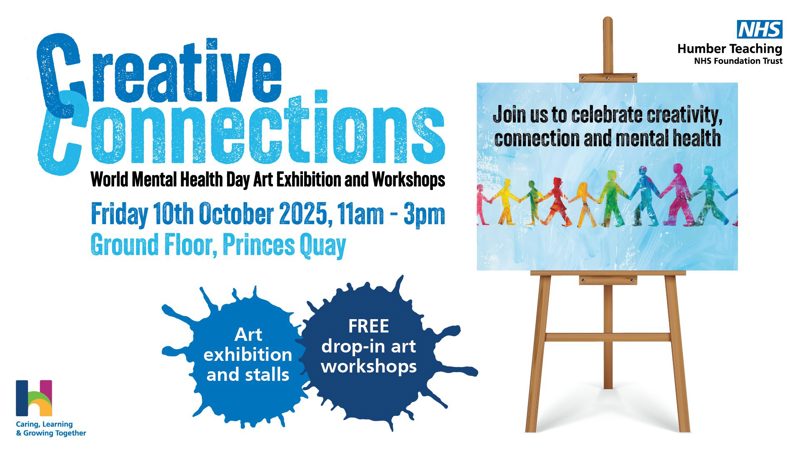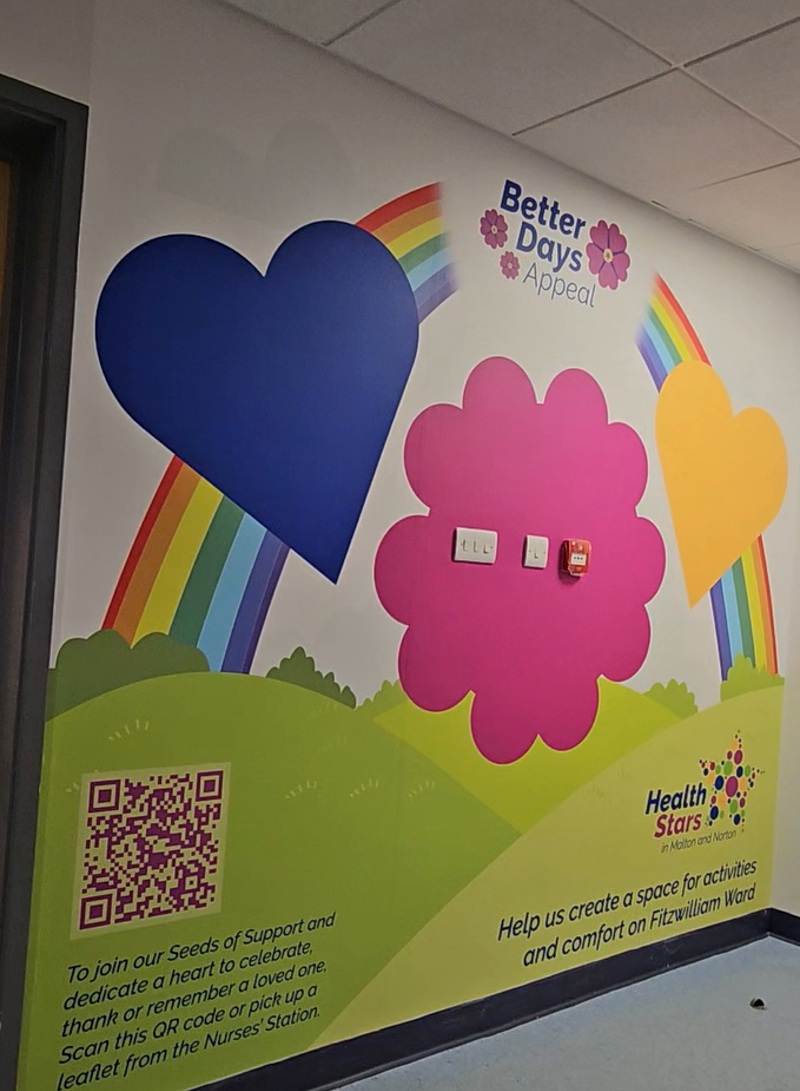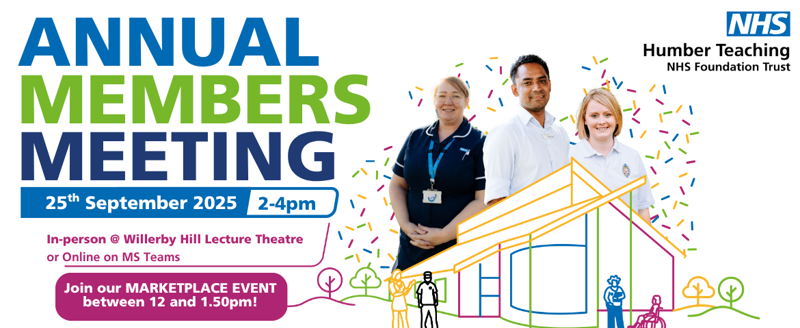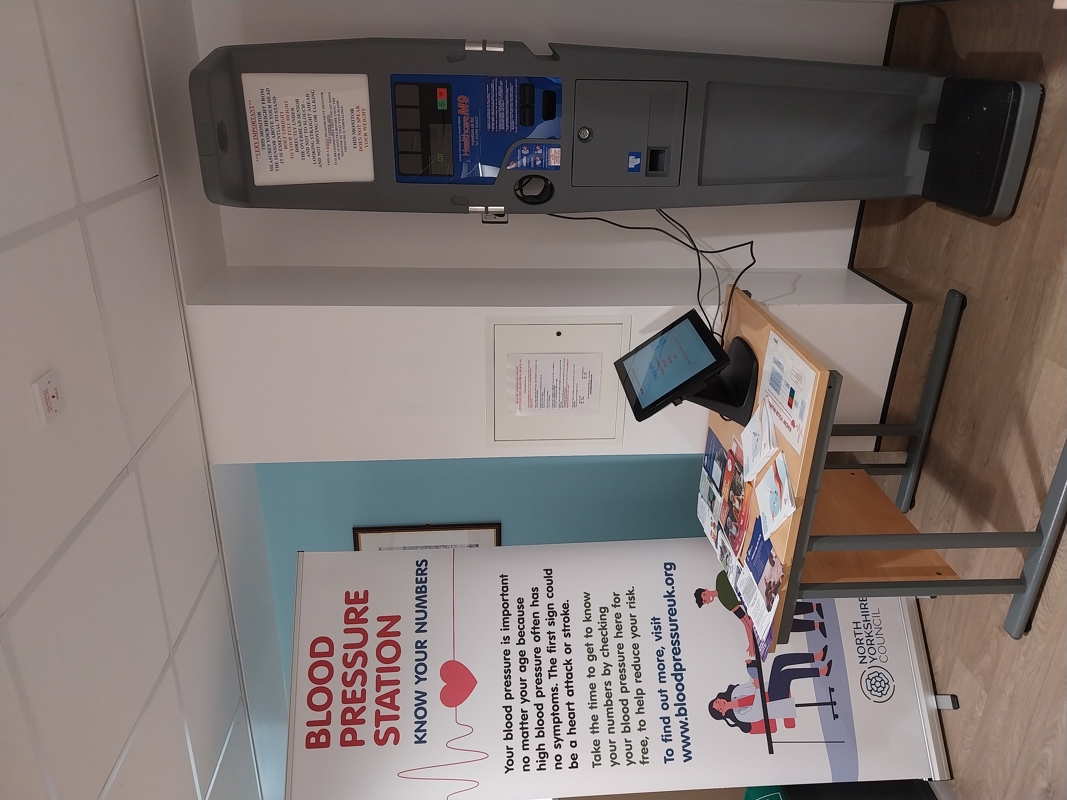News
-

£200,000 fund launched to enhance adult mental health and wellbeing in the community
15 October 2025
Health Stars have £200,000 available to give away to local organisations that work to improve the mental health and wellbeing of adults in the community
-

Hull Fair Inspires Community Art Project
06 October 2025
-

What can you expect from Creative Connections Art Exhibition for World Mental Health Day?
01 October 2025
Visitors can enjoy a variety of interactive workshops. These workshops provide opportunity to try out different styles of art and connect with other people through shared creativity.
-

“It’s good to talk, it might save someone’s life, and it could be your own.”
25 September 2025
Humber Teaching NHS Foundation Trust held its Annual Members Meeting and AGM on 25 September 2025. As part of the event, the Trust welcomed local sports personality Dean Windass to the stage to take part in a question and answer session with Trust Chair Caroline Flint.
-

Local Learners Lead the Way on Stammering Awareness
24 September 2025
Humber Teaching NHS Foundation Trust’s Speech and Language Therapy team have announced a new collaboration between their services and The Consortium Academy Trust (TCAT) to raise awareness of stammering across schools
-

Inpatient Co-produced EDI project shortlisted for Lived Experience Awards
24 September 2025
The National Lived Experience Awards 2025 celebrate the achievements and success stories of people accessing mental health, learning disability and autism services nationwide. Humber Teaching NHS Foundation Trust are delighted to share that a project co-produced within our Forensic Division was shortlisted for the Celebrating Diversity Award.
-

Try the Japanese Art of breaking pottery and rebuilding it for mental health at our upcoming World Mental Health Day event
23 September 2025
Humber Teaching NHS Foundation Trust runs the innovative Recovery and Wellbeing College which provides a free, holistic approach to supporting positive mental health. The College offers a wide range of activities and courses for local people to take part in and improve their physical wellbeing and mental health.
-

-

-

Malton Hospital Donor Wall Unveiling Event this Friday
17 September 2025
On Friday 19 September, Health Stars will be officially opening the Seeds of Support Donor Wall at Malton Community Hospital
-

NHS Trust Opens doors for Annual Members Meeting and AGM
17 September 2025
On Thursday 25 September 2025, Humber Teaching NHS Foundation Trust is inviting public to attend their Annual Members Meeting (AMM) and Annual General Meeting (AGM) at Trust HQ, Willerby Hill.
-

-

Know Your Numbers – Whitby Community Hospital Health Kiosk
15 September 2025
An estimated 150,000 people in Humber and North Yorkshire are thought to be living with undiagnosed high blood pressure.
-

-

Building a Digital NHS around our users
12 September 2025
Following the release of the NHS 10-Year Plan, Humber Teaching NHS Foundation Trust’s Chief Information Officer shares his perspective on how pushing forward with digital solutions will be key to successes going forward.









